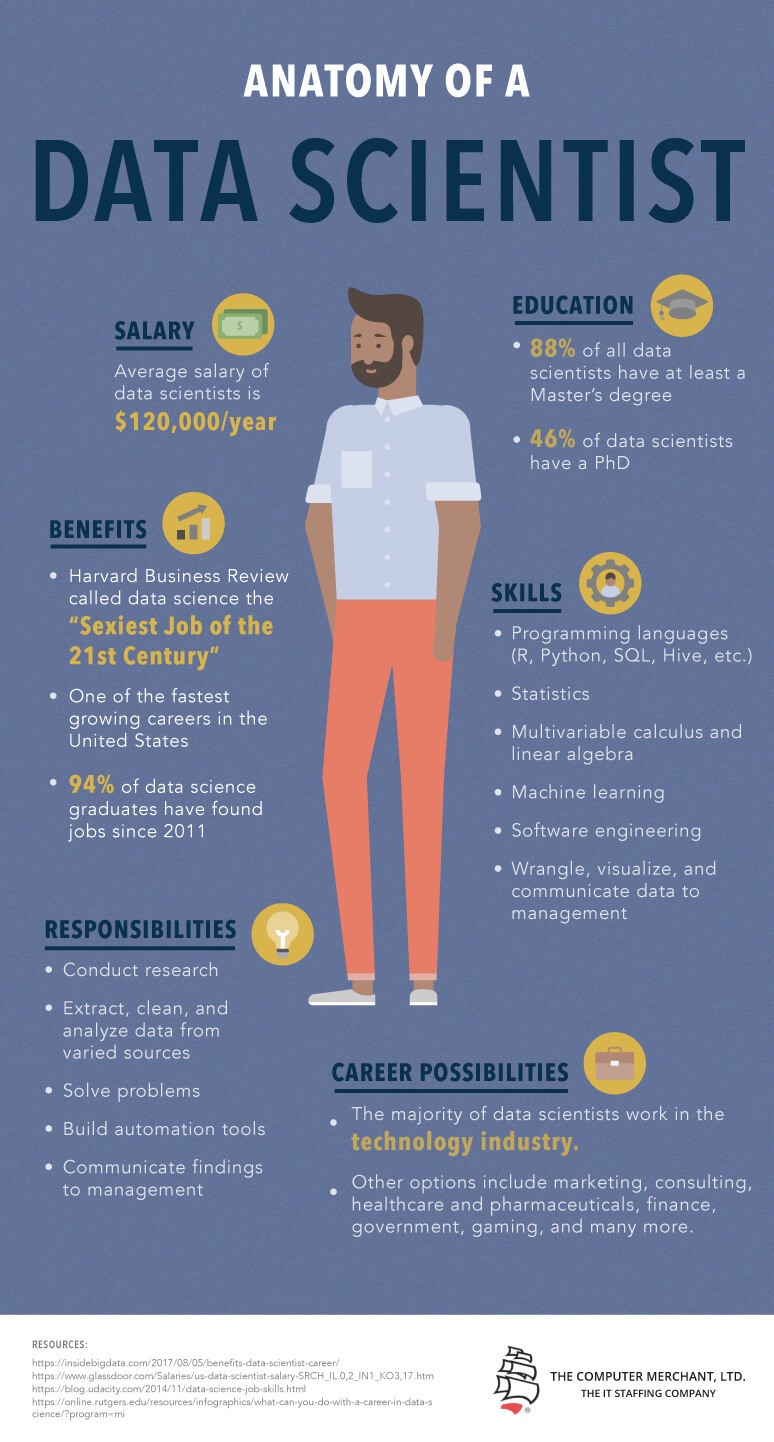
According to the US Bureau of Labor Statistics, that number is higher, at $82,360. The median annual salary ranges from $62,590 to $70,155. Health care data analyst salary and job outlookĪ typical salary for a health care data analyst may depend on the type of company or organization you work for. Public health data: A health care data analyst might work with public health data to deliver statistics, infographics, and reports after identifying methods for preventing disease or promoting health within a population. This data can inform how health care providers deliver value-based care, medical suppliers with marketing, or governments with information campaigns. Pharmaceutical companies have a hand in accelerating drug development while also sharing necessary historic research data on cancer, including clinical trials, treatments, and technology.īehavioral data: Patient behavior is an important type of data to analyze because it offers qualitative and quantitative information about consumer behavior, such as retail habits, satisfaction with a product or treatment, and more. Pharmaceutical data: Health care data analysts in the pharmaceutical sector will usually support research and development that can improve products, such as prescription drugs or medical devices. They may also help insurance companies understand whether their premiums are priced affordably or where resources are being wasted. Insurance data: Data analysts who work for health insurance providers will analyze claims data to help institutions identify which areas could benefit from more financial investment.
#Health data science infographic how to
A data analyst these days might use electronic health records (EHRs) to assess the number of cancer patients treated in a hospital network, or how to reduce risk of contamination, for example. This includes using medical records to directly improve medical outcomes. These are a few of the data types they work with, including big data:Ĭlinical data: The most common type of health care data analytics is clinical data. Health care data analysts must use the right types of data to generate insights that are valuable to health care. Health care data analysts can help improve the quality of health care that patients receive and ultimately boost patient outcomes. Providing recommendations for improvement Sharing findings with stakeholders with reports and presentations Transforming complex data into digestible insights Managing and organizing data sets from database management systemsįinding patterns and trends in data analysis Health care data analysts help health executives, providers, and administrators make data-driven, strategic decisions to achieve business goals and improve health care for all. Read more: What Does a Data Analyst Do? Your Career Guide Health care data analyst tasks and responsibilities Health care providers (hospitals, clinics, doctor’s offices)įederal, state, or local government organizations Health care data analysts typically work in these environments: Health care information management analyst In addition to health care data analyst, titles can be broad or specific, including: Professionals who work in health care data analytics may have one of many job titles. They work primarily on the business side of medicine, unlike doctors, nurses, or medical assistants who work on the clinical side. By acquiring, combining, and analyzing data from multiple sources, health care data analysts contribute to better patient care, streamlined health care processes, and well-assessed health care institutions.

What is a health care data analyst?Ī health care data analyst is an individual who uses data analytics to improve health care outcomes. In this article, you’ll learn all you need to know about health care data analysts and how to become one.
#Health data science infographic professional
Whether you are a data analyst interested in pivoting into health care, or a health care professional seeking a more traditional 9-to-5 lifestyle, becoming a health care data analyst could be a good fit for you. Employment in health care is expected to grow 13 percent between 20. Health care jobs are projected to increase more than any other occupational group. These insights can reduce health care costs, deliver better care, and overall have a positive impact on people’s lives. Data analytics can unearth powerful insights when applied to health care.

A career as a health care data analyst is at the intersection of both industries. Health care and technology are two of the fastest-growing career sectors in the United States.


 0 kommentar(er)
0 kommentar(er)
